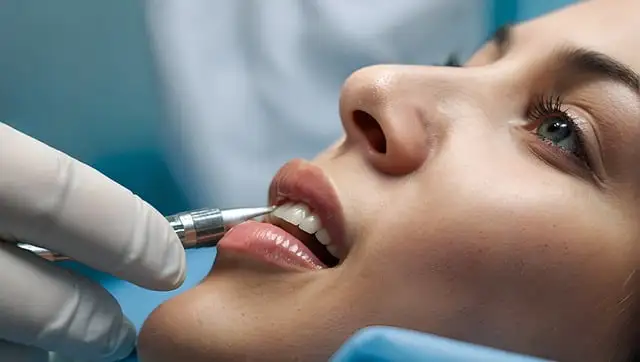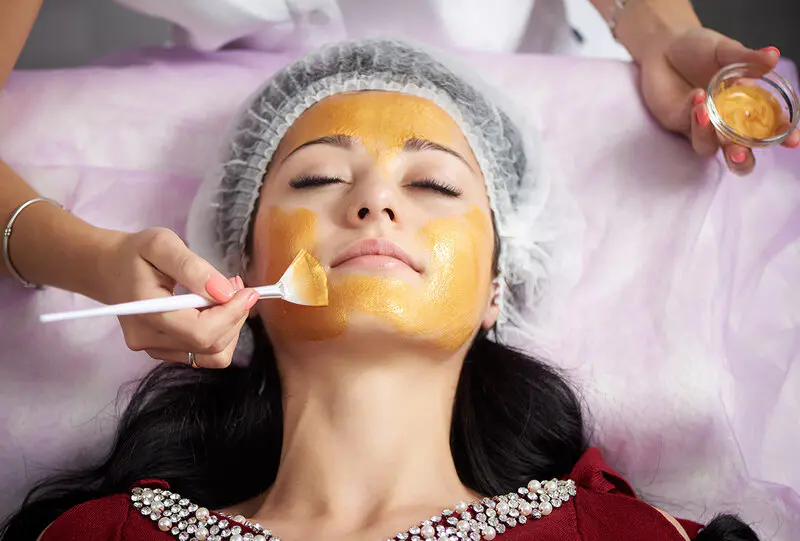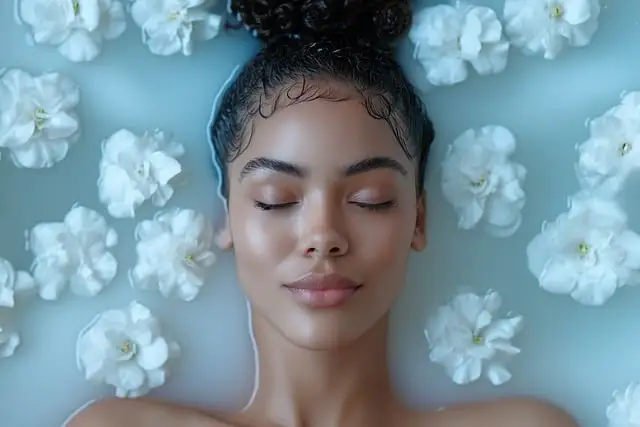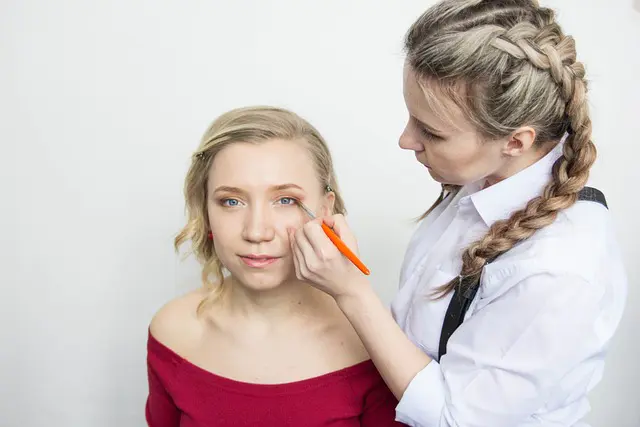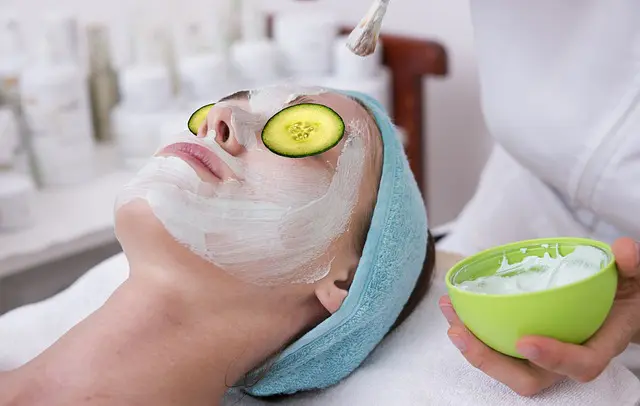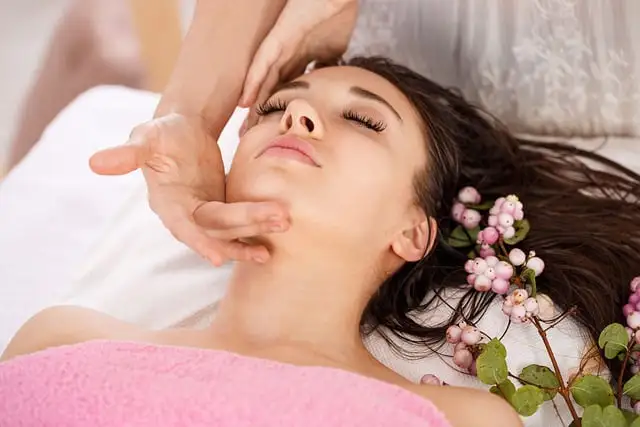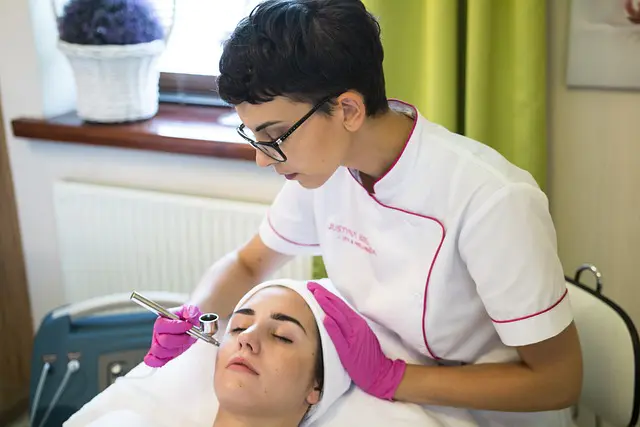The realm of beauty is undergoing a significant transformation, propelled by emerging trends, cutting-edge technologies, and evolving consumer preferences. Historically preoccupied with superficial beauty, the industry has expanded to encompass technology, inclusivity, sustainability, and mental health. Today's beauty market is characterized by dynamism and innovation, with consumers redefining the concept of beauty, questioning traditional boundaries, and seeking new ways to connect with beauty products.
This article delves into the pivotal changes reshaping the beauty industry, from the ascendancy of health-centric beauty offerings to the escalating appetite for purity and ethical practices. We will also examine how technological innovations, particularly AI and AR, are revolutionizing consumer engagement with beauty products. Prepare to journey through the future of beauty, which is not merely an abstract concept but a tangible reality.
1. The Expanding Synergy Between Beauty and Health
While beauty was once confined to physical appearance, there has been a notable shift towards integrating beauty and wellness. Embracing a holistic approach to self-care, beauty has transcended mere products to become a lifestyle that promotes the well-being of the body, mind, and spirit.
Beauty and Nutrition Integration
The demand for nutraceuticals, or beauty supplements, has skyrocketed alongside the broader wellness movement. Consumers are increasingly recognizing that beauty is not limited to topical treatments; it also includes internal nourishment. From collagen-enhancing powders to vitamin C-rich antioxidants, these supplements have become integral to daily routines. Brands are pioneering in this domain, offering edible beauty solutions that promise radiant skin, strong nails, and lustrous hair.
Concurrently, the connection between gut health and skin health has gained momentum. Probiotic skincare and supplements targeting the microbiome are gaining popularity. The gut-skin axis has inspired the development of microbiome-friendly products aimed at achieving skin balance, reducing acne, inflammation, and signs of premature aging.
Stress Relief and Beauty
As mental health and stress management become more central to well-being discussions, beauty brands are incorporating wellness into their product lines. Consider facial oils infused with calming lavender, sleep-inducing face masks, and soothing skincare designed to offer a moment of serenity amidst the chaos.
The beauty routine itself has evolved into a self-care ritual. Evening skincare routines or morning makeup applications are now seen as acts of mindful self-care. This evolution underscores that beauty is as much about nurturing one's mental health as it is about physical appearance.
2. Clean Beauty: More Than a Trend
Clean beauty has transitioned from a niche interest to a mainstream movement. Consumers are becoming more cognizant of the ingredients in their skincare and cosmetics and the environmental impact of the brands they support. Consequently, the clean beauty market is flourishing and evolving to encompass sustainability, transparency, and ethical considerations.
Ingredient Transparency and Safety
The call for transparency is a key driver of the clean beauty movement. Today's consumers are more informed about the ingredients in their skincare and cosmetics. Brands that are transparent about their sourcing, production, and testing processes are gaining trust and market share. Ingredients such as parabens, sulfates, phthalates, and synthetic fragrances, once ubiquitous, are now under scrutiny. Clean beauty advocates are urging brands to adopt safer, non-toxic alternatives that are just as effective without harmful side effects.
However, "clean" is not just about the absence of harmful chemicals. It represents a comprehensive approach to product development—advocating for plant-based ingredients, cruelty-free practices, and ethical sourcing. An increasing number of brands are creating sustainable products, pursuing cruelty-free certifications, and ensuring ethical supply chains.
Sustainable Practices
Clean beauty is not just about ingredients—it's also about manufacturing processes. Sustainable packaging is a hot topic, with companies aiming for zero-waste solutions. Beauty brands are introducing refillable packaging, glass containers, and biodegradable materials to reduce their environmental impact. The industry's reliance on plastic is being questioned, with companies opting for alternatives like aluminum or bamboo or offering product refill services to minimize container purchases.
Moreover, ethical sourcing and carbon footprint reduction are becoming critical considerations in the clean beauty movement.

